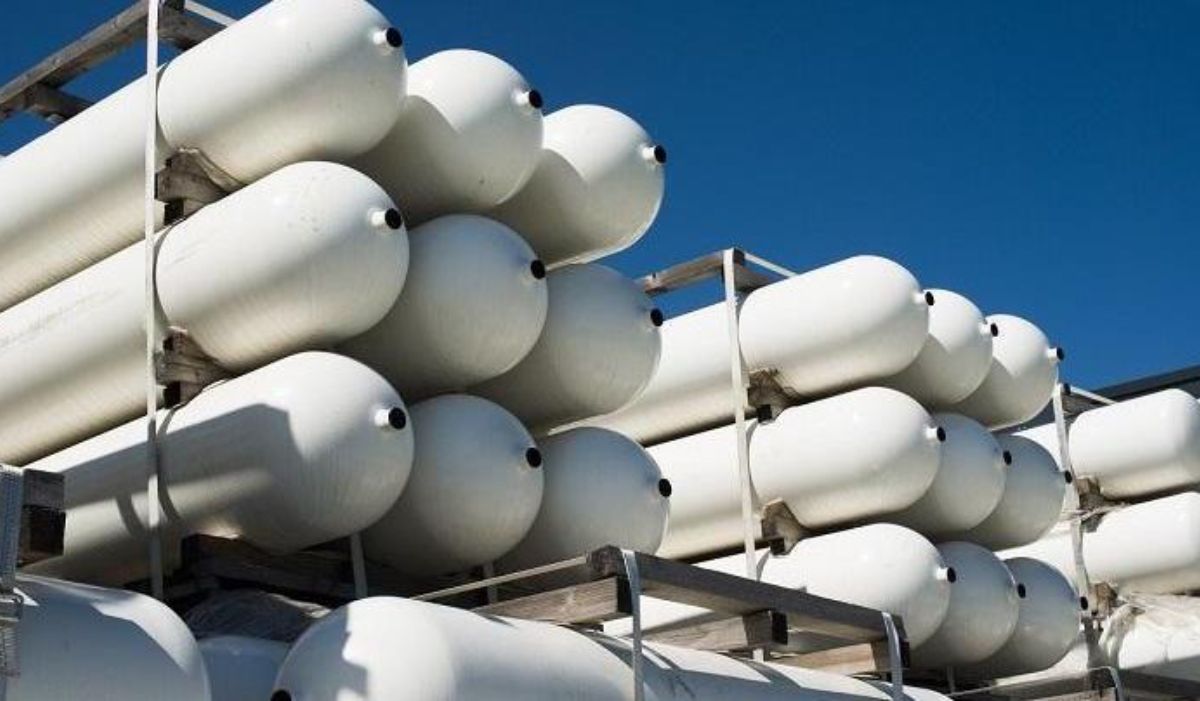Compressed Natural Gas Sector Attracts $500M Investment, Creates 10,000+ Jobs

Nigeria’s compressed natural gas (CNG) sector has witnessed substantial investment inflows exceeding $500 million and has generated more than 10,000 direct employment opportunities, according to data from the Presidential Compressed Natural Gas Initiative (P-CNGI).
The initiative reports that 255 conversion facilities have been established this year, alongside 53 distribution stations now operational nationwide.
Michael Oluwagbemi, who serves as Programme Director and Chief Executive Officer of P-CNGI, stated on Monday that the country continues to advance its natural gas infrastructure development and investment attraction efforts. He noted that large-scale engineering projects require substantial time for completion.
The executive recalled that P-CNGI began executing its assigned responsibilities in May 2024, following directives and the strategic vision of President Bola Tinubu.
Key objectives outlined include promoting the adoption of compressed natural gas and electric vehicle technologies to establish sustainable transportation solutions for Nigerian citizens, while also fostering investment opportunities within the alternative energy transportation sector.
Oluwagbemi explained that the program coordinates regulatory frameworks for this emerging industry to accelerate growth, as Nigeria expands its natural gas infrastructure and investment initiatives across the country.
Due to initial scepticism surrounding the President’s transportation vision, P-CNGI launched comprehensive public awareness campaigns running from May through October 2024, according to the official.
“Hardly any CNG vehicles were on our roads, and there was no demand at the few eleven CNG stations nationwide since a 2017 pilot by NNPC Ltd. Even our most ardent adherents were not convinced that anyone would want CNG vehicles.
“Misinformation and fake news on CNG dominated the media space. We are pleased that even the doubting Thomases are singing a new tune,” he said.
The executive noted that with vehicle numbers now climbing beyond 50,000 and approaching 100,000, increased queuing at refuelling stations is inevitable, given the dramatic surge from approximately 4,000 vehicles previously.
This growth stems from substantial government incentives and successful awareness initiatives highlighting the economic advantages of transitioning to alternative fuel systems.
“Just last week, two new daughter stations in Abuja were commissioned, with AY Shafa and Femadec investing in these ventures. Both entities have nine and 21 daughter stations, respectively, in the works over the next year.
“For Femadec, the dual benefit of leading the charge in building a CNG ecosystem in 20 universities is the icing on the cake,” he said.
Oluwagbemi mentioned that Yola is advancing, with Greenville making investments this week.
This demonstrates the company’s aggressive deployment of natural gas stations across 51 locations spanning the northern and southeastern regions, including remote areas. The initiative involves approximately 175 stations being developed nationwide through various partnership arrangements.
Beyond the Greenville and Femadec collaborations, P-CNGI supports partners developing 24 locations over the next six to nine months, with one facility already operational in Ilorin.
“Port Harcourt, Ado Ekiti, Lokoja, Abuja, Aba, and Enugu will all go live within the next 60 to 120 days to dispense CNG. This is part of scaling the refuelling on-lending initiative heralded with the first launch in Ilorin in 2024.
“Apart from these, NNPC Ltd. is investing in an additional eight stations to add to its current stock of 12; another 40 out of 100 in Phase Two of its rollout plan is being finalised.
“Bovas is launching two sites in Ibadan any moment from now as part of its rollout of eight ultra-modern CNG stations and supporting ecosystems. NIPCO’s eight stations, in addition to the 23 already live across the country, will be completed within six months.
“Just last week, the Midstream and Downstream Gas Infrastructure Fund (MDGIF), a veritable partner in the process, awarded equity investments to 10 new entrants to develop their various gas projects,” he said.
This supplements four out of six initial N123 billion investments allocated by MDGIF toward the subsector during 2024.
Within twelve months, the compressed natural gas industry has secured investment commitments exceeding $500 million while establishing more than 10,000 direct employment positions.
Additionally, 255 conversion centres were established this year, and 53 distribution stations are currently functioning.
Oluwagbemi expressed concern regarding media coverage from sceptical outlets criticising infrastructure limitations in an industry less than seven months old.
“At P-CNGI, we remain committed to our mandate while working hard across the value chain to deliver the goodies President Bola Tinubu has promised all Nigerians,” he said.





